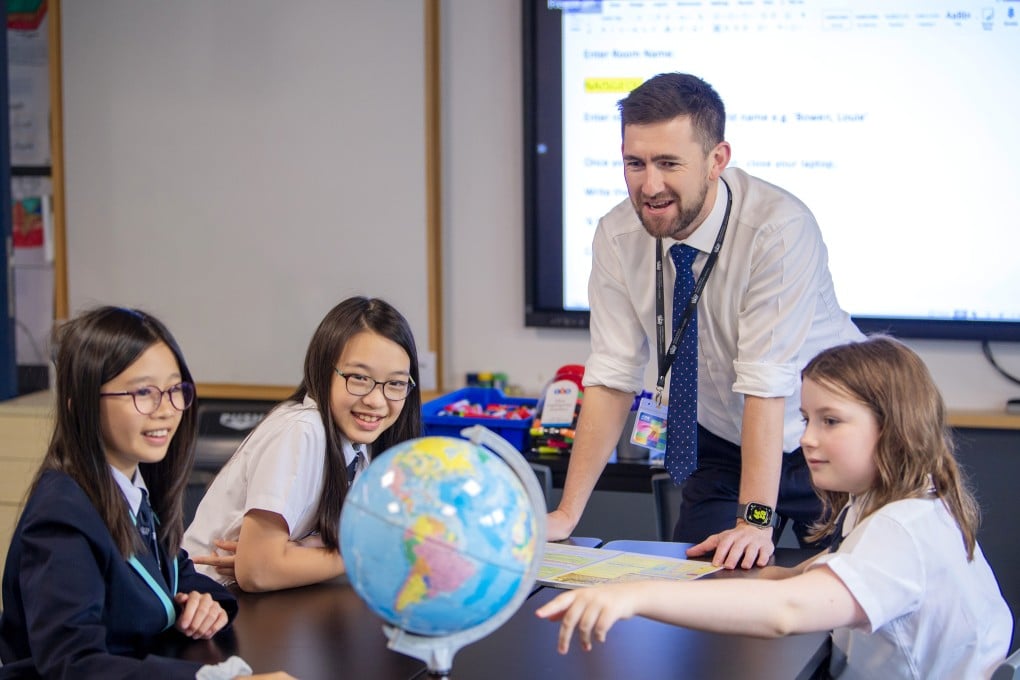Nord Anglia balances academic rigour with all-round development in its first decade

[The content of this article has been produced by our advertising partner.]
In the 10 years since welcoming its first intake in the autumn of 2014, Nord Anglia International School Hong Kong (NAIS Hong Kong) has clearly come a long way.
Now split between three campuses in Lam Tin (primary), Sai Kung (early years) and Kwun Tong (secondary), student numbers have grown from an initial 500 to today’s 1,500-plus, all of whom benefit from a strong curriculum, high-quality teaching, and a diverse range of activities outside the classroom.
“Being part of an organisation which operates more than 80 schools around the world, we have had opportunities to develop quickly by sharing best practices and research,” says NAIS Hong Kong principal Kenny Duncan. “It also means we include aspects of global mindedness in our teaching and that older students can join international programmes and expeditions.”
The English national curriculum is used as a framework up until the age of 14, with other elements incorporated as and where appropriate. This allows for emphasis on STEAM subjects, as well as lessons that explore the history and context that come with living and studying in Hong Kong and China.
Students then switch to the IGCSE curriculum and, in their final two years, take the widely respected IBDP (International Baccalaureate Diploma Programme). Along the way, they have the chance to take part in drama, music and dance programmes run in collaboration with New York’s prestigious Juilliard School plus project-based challenges designed by postgraduates and professors at MIT (Massachusetts Institute of Technology).
